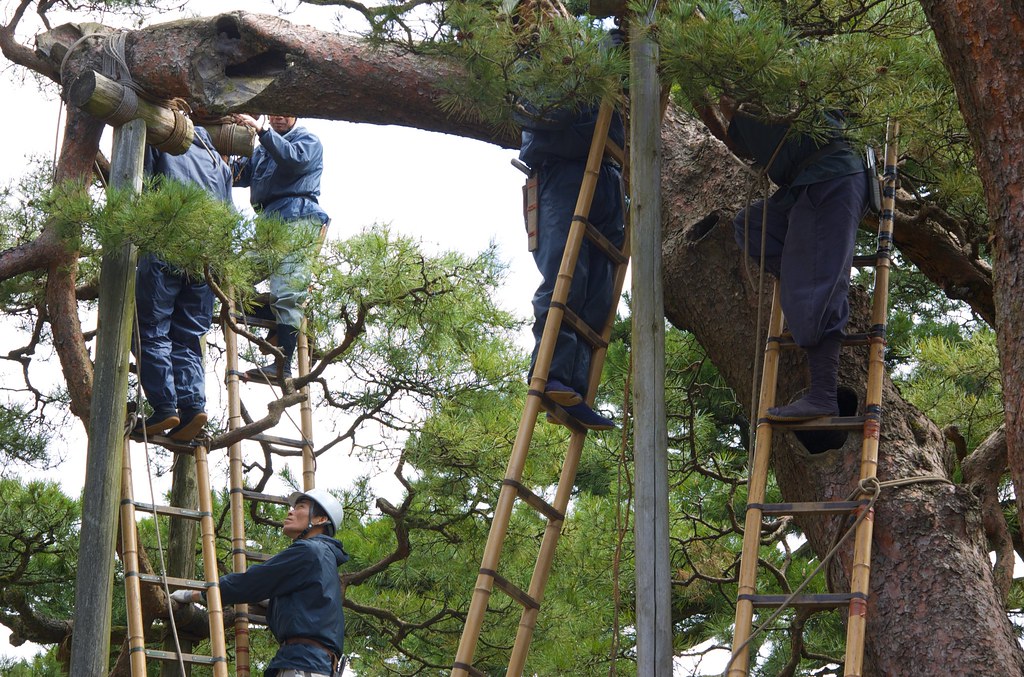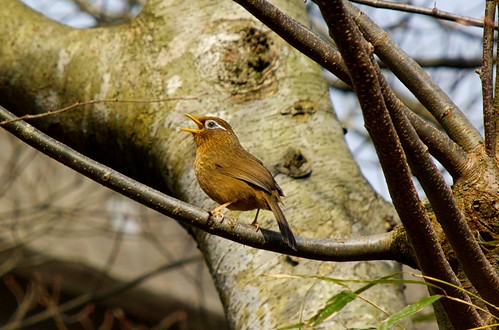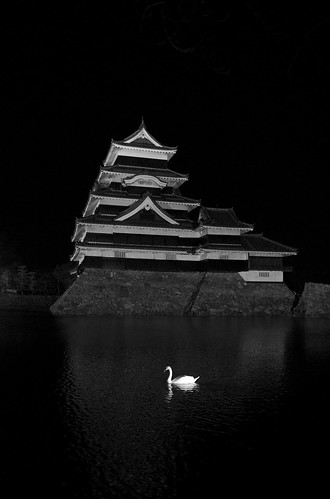Ok, this is a bit of a dog bites man story, but IMO it's pretty poor behaviour, one might even say "
reprehensible", for Nature to use its editorials to attack rivals. In particular, their repeated attempts to denigrate the EGU journals is nothing more than naked self-interest masquerading as commentary. It also seems pretty short-sighted, since these journals are actually run by and for members of the scientific community that that Nature claims to serve.
Their
most recent attempt particularly criticises the on-line publication of submitted articles:
"But the downside of early online publishing is a confusing array of publicly available article types, awaiting print publication in various stages of editorial preparation. Adding to the confusion, interactive journals such as Atmospheric Chemistry and Physics place papers online first for peer review, and then in their final form."
ACP is the most well-established of the EGU journals, increasingly preferred by high-profile (indeed all) scientists over more traditional routes to publication. Could it be that Nature feels a a little threatened by their huge success? One can only hope so. Of course putting the submitted manuscripts online is a bit of a pre-requisite for any open review system, so their unsupported claim that this is "adding to the confusion" is just a handy way of predetermining their preferred conclusion - that open peer review is a bad thing. Perhaps a watermark on the pdfs - "DRAFT" or similar - would be a sensible step, but surely this is a minor point hardly worthy of editorialising.
What's worse, Nature then states that "uncertainity arises regarding the canonical publication date". Oh no, the horror....although they immediately admit: "Given the way the publishing industry is moving, it seems unlikely that print publication dates will play a role in the long run". So that's all right then. Phew.
The article ends with a real WTF moment:
What needs to be decided is how much a preliminary paper published online should be allowed to change before it constitutes a new paper.
Huh? What actually is the problem here that needs solving?
No, really, who gives a shit about this? I'm wondering how such a bizarre non sequitur passed Nature's own editorial review, as it bears no relationship to the rest of the content, and I've never heard anyone suggest that such a thing "needs to be decided" by anyone other than the editor handling the manuscript in question. But of course we'll never know, due to Nature's secretive publishing process :-) What I'm left with is the impression that Nature is desperately and irrationally lashing out at anything that it perceives as threatening its unhealthy stranglehold on scientific progress.





























